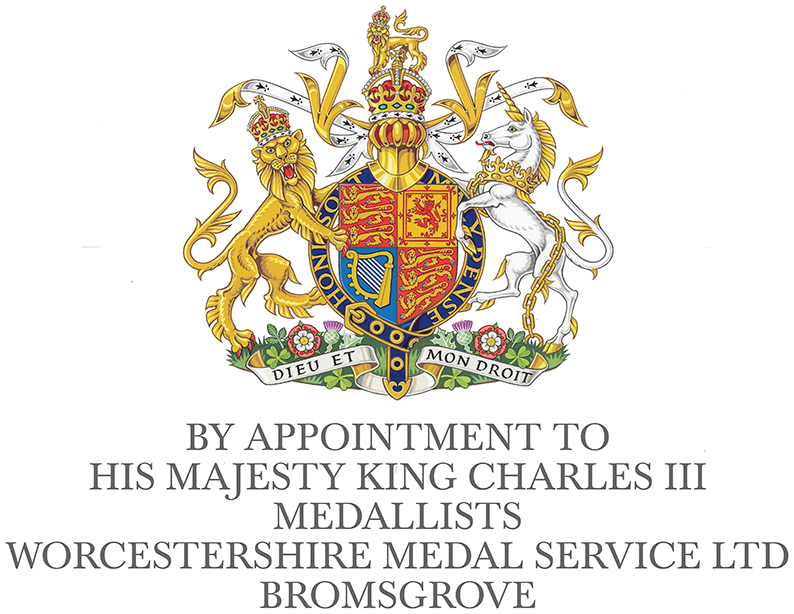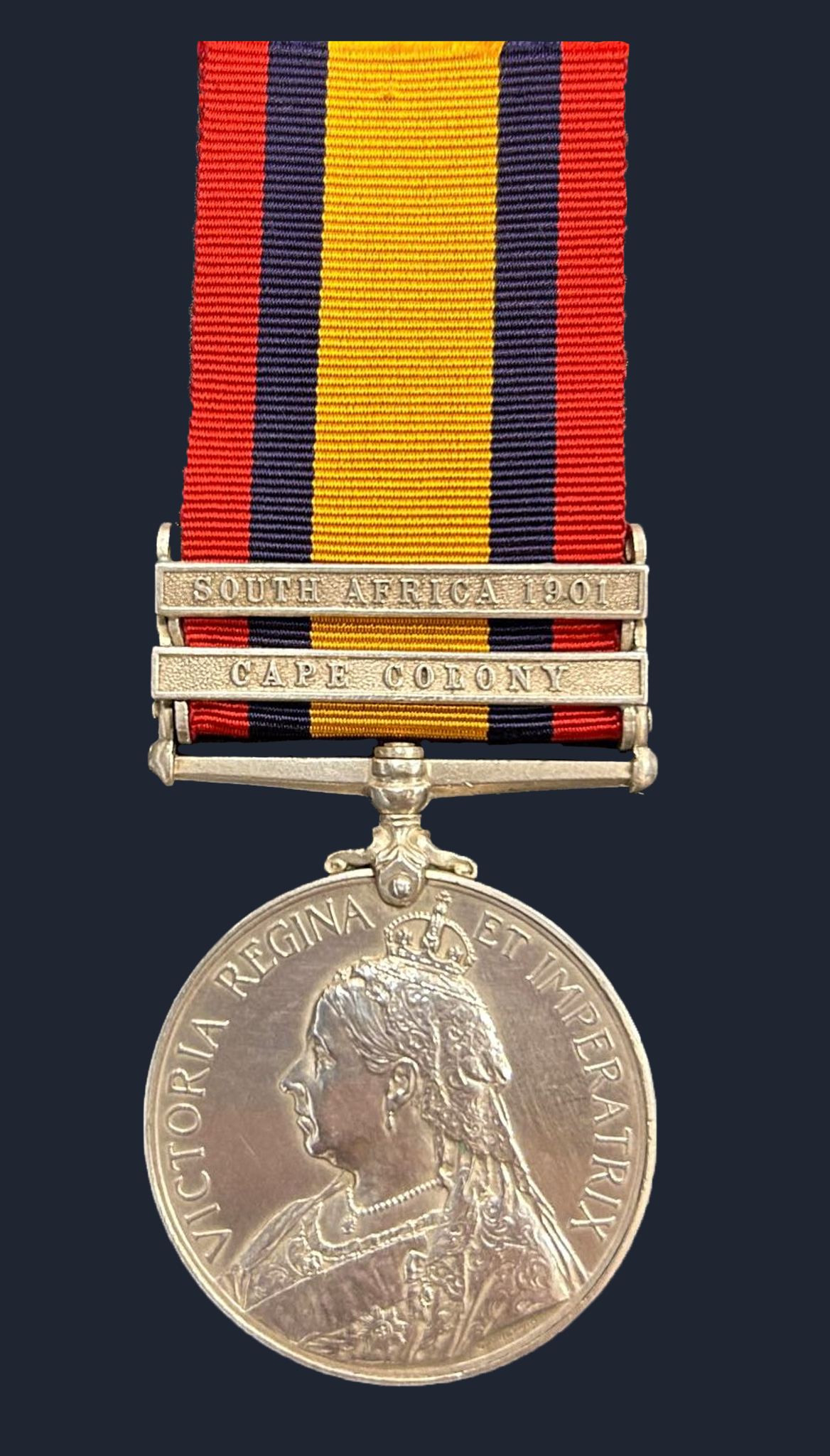Trooper, 1st Brabant’s Horse
Trooper, 1st Kitchener’s Fighting Scouts
Civilian Telegraphist – Royal Engineers
Alfred Henry Jennett was born in Reading, Berkshire on 18 May 1881 the son of John Jennett and Mary Elizabeth Jennett, born Merifield. Our first glimpse of Alfred came courtesy of the 1881 England census where Alfred, 4 years old, was at home with his family at 143 Kings Road in Reading. By this time his Irish-born father was already 60 years old and described as an Army Pensioner and Musician. His wife, Alf’s mother, was at the age of 33, far younger than her husband and had given birth to a number of children of whom Alf was the youngest. He had no shortage of playmates as he was growing up and was joined in the house by Annie, Emma, Ada and Margaret. The girls hopelessly outnumbered the boys in the Jennett household!
Ten years later, at the time of the 1891 England census, the family still lived at the same address. Sadly, John Jennett had shuffled off this mortal coil the previous year, leaving his widow with young mouths to feed. Ada and Margaret were still at home but both were gainfully employed. Bringing up the rear was Alfred – now 14 years old, he had completed what must have been a rudimentary schooling and was out to work as a Telegraph Messenger.
As the end of the 19th century neared the long-simmering tensions between the Boer Republics in far away South Africa and the might of Imperial Britain reached boiling point. This spilled over into open warfare on 11 October 1899. The Boer forces streamed over the borders into the Cape Colony and Natal and the small British Regular Army presence in the region found it hard going to stem the tide.
Alfred Jennett was there to meet them. Having moved south in search of adventure at some point, he was in South Africa when war erupted, putting his hand up for service with one of the many irregular Colonial units raised to bolster the Imperial effort. One such was Brabant’s Horse and it was to the 1st Battalion that Jennett gravitated, attesting for service with them at Grahamstown on 19 May 1900 with the rank of Trooper. This corps was raised and took the field in the Queenstown-Dordrecht district of the Eastern Cape and it was with them in the Cape Colony and the Orange Free State that Jennett was deployed. In late August 1900, from Bloemfontein, he sent a tribute to be read at the funeral of the late Mr Winkup, Maidenhead’s Post Master. It can be assumed that he had been employed under this gentleman, as a Telegraphist, prior to coming to South Africa.
He would have been with the portion of Brabant's Horse was operating in the south-west of Cape Colony from 1 February 1901 near Lambert's Bay. From there he worked his way down to Cape Town where he took his discharge on 1 March 1901.
Jennett’s war was, however, far from over, he next attested for service with Kitchener’s Fighting Scouts, another of the locally raised Colonial outfits. Attesting at Maitland in Cape Town, he was assigned no. 32663 and the rank of Trooper. Providing his mother, Mary Jennett of Uplands, Maidenhead, Berkshire as his next-of-kin, he confirmed that he was a Telegraphist by occupation and was 23 years old. It is not known where or when he served with them although he does not seem to have lingered in their ranks.
His next, and final, deployment was one that made use of his particular set of skills – that of Telegraphist in the employ of the Civilian Army Telegraph section of the Royal Engineers. Their work was vital in maintaining communications and relaying messages over the wires as the army advanced northwards. No easy task as the Boers were in the habit of cutting the wires whenever they were encountered and these had to be repaired, sometimes under very dangerous conditions with the hostile Boer forces in the vicinity. It was with them, operational once again in the Orange Free State, that he earned the Orange Free State clasp to his Queens Medal. This medal was issued off the Brabant’s Horse medal roll dated at Cape Town on 9 April 1902. Jennett, additionally earned the South Africa 1901 clasp for his efforts.
The war over on 31 May 1902 Jennett headed back to England. Disappearing from public view he next appeared in April 1920 when he tied the marital knot with Kathleen Mary Clifford in Kensington, London. According to the 1939 Register, he was living at 22 Cecil Road, Wood Green, London and was a Telegraph and Cable Operator by trade. The couple had a son, John Daniel Jennett, born in 1923, he passed away in 2013.
Alfred Henry Jennett passed away on 30 December 1953 at the age of 72. His address at the time was 40 Cecil Road, Muswell Hill. He bequeathed £1844 to his wife.

